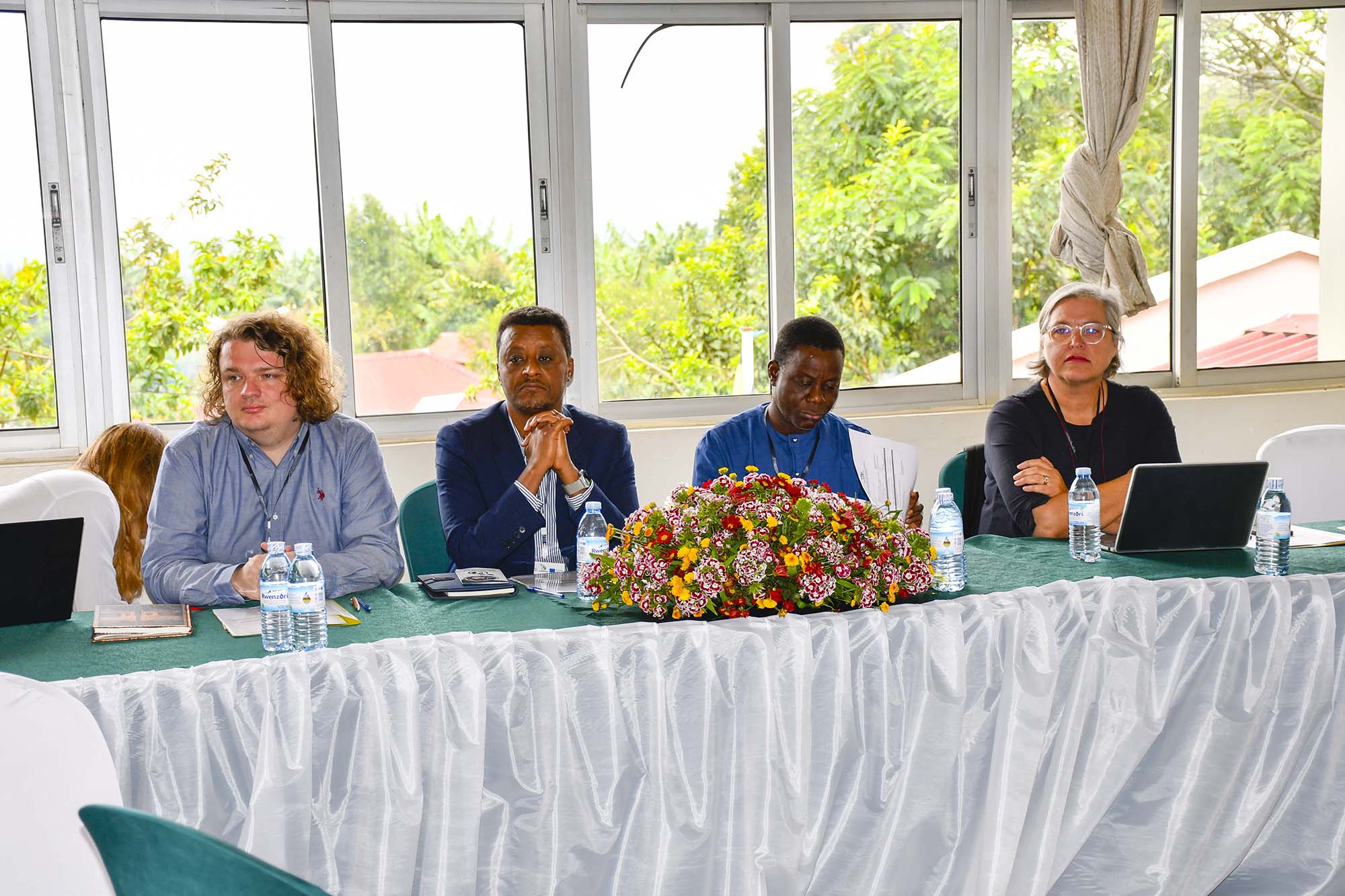The recent addition of a state-of-the-art agricultural drone at the Paradys Experimental Farm marks a significant advancement in equipping students from the University of the Free State (UFS) with the modern skills required to thrive in the agriculture industry.
Prof Johan van Niekerk, vice-dean of agriculture, emphasised the transformative potential of the DJI Agras T40 drone, generously donated by Rectron, a leading provider of agricultural technology.
Innovation instrumental in agriculture
“Integrating cutting-edge tools into our curriculum allows us to provide students with invaluable hands-on experience in using drones for agricultural purposes,” he said.
The unveiling ceremony took place at the Paradys Experimental Farm, located just outside Bloemfontein on the road to Reddersburg.
According to Van Niekerk, its efficiency enables it to cover up to 21.3 hectares per hour, significantly enhancing productivity. Moreover, it supports a variety of missions including surveying, mapping, spraying, and spreading, ensuring precision in agricultural operations.
Meanwhile, Prof Paul Oberholster, dean of the faculty of natural and agricultural sciences, highlights the importance of aligning educational programmes with industry needs.
“Our goal is to produce graduates who are not only ready for the workplace but are also trained in the latest agricultural technologies. Collaborations with industry partners bring these technologies to the Paradys Experimental Farm, ensuring our students are highly employable.
“South African agriculture must adapt to the changing environment and play a pivotal role in global food and nutrition security,” he said.
Technology and education
The innovation manager of the Paradys Experimental Farm, Dr Christopher Rothmann, said the integration of drone technology in agriculture represents a significant leap in managing and monitoring farming operations.
“Drones transform traditional farming into a more precise, efficient, and sustainable practice. By leveraging advanced drone capabilities, farmers can achieve better resource management, higher productivity, and a reduced environmental footprint, ultimately leading to more resilient and profitable agricultural operations.
“Additionally, drones can perform spot spraying treatments of pesticides and fertilisers, reducing agricultural runoff and chemical drift, which benefits nearby crops and the soil,” he said.
Rothmann further emphasised the streamlined data collection processes and opportunities for interdisciplinary collaboration and professional development that drones facilitate.
“Using drones fosters real-world applications, community engagement, sustainability, and innovation, aligning with the university’s goals of excellence, relevance, and societal impact in agriculture,” he said.
Rothmann highlighted the critical role of industry partnerships in advancing education and ensuring the relevance of agricultural programmes at the University of Free State.
Source: FoodForMsanzi








